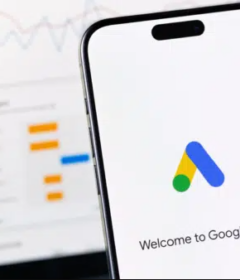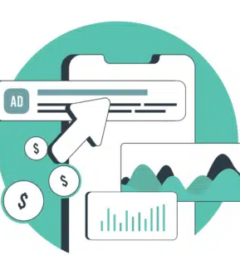Google is testing its Gemini AI model in Search

Gemini, Google’s multimodal large language model, will be added to Search and Ads next year. It has already reduced SGE response times.
Google today announced Gemini, a multimodal large language model, and confirmed the AI model will be added to Search and Ads next year.
Gemini in Search. Gemini will become available in Search, Ads and other Google products in the coming months. Meanwhile, Google Search is already testing Gemini, which has reduced the latency of Search Generative Experience responses by 40% for English in the U.S. and led to other unspecified quality improvements, Google said.
How will Gemini change Search? Alphabet CEO Sundar Pichai and DeepMind’s Demis Hassabis were asked this by Platformer. As usual, Google kept it vague, and mostly talked about SGE – not Search as a whole, which could be telling:
You’re now saying that Gemini will come to search next year. How do you see it changing the search experience?
Pichai: We’re already experimenting with it in the search generative experience, and as we are experimenting with it, it’s driving improvements across the board. We think about Gemini as foundational — it will work across all our products. Search is no different.
One of the things search has been pushing hard on is multimodality in general. But today they have had to do all the hard work of making search multimodal. Gemini as a foundational model gives them that capability [natively], so I think that’s an area where they will innovate.
Do you think over the medium term, Gemini in search increases the number of times that you get the information you need from the results page without having to visit a website?
Pichai: Our fundamental vision is that people come to search to experience the richness and the diversity of the web and the content ecosystem. So even though with search generative experience we can expand what we do, we’re actually designing the product in a. way so that people can go explore. And I think that’s what users want. I view it as a fundamental value proposition of search, so that’d be part of our goal as we evolve the product.
Google unveils Gemini, Platformer
What is Google Gemini. Officially known as Gemini 1.0, it is a large language model that can work with all types of information – text, images, audio, video or code. Gemini brings Google competitively closer to OpenAI’s GPT model. Three “sizes” of Gemini were announced:
- Ultra, for highly complex tasks.
- Pro, Google’s “highest performing model” for a broad range of tasks.
- Nano, for on-device tasks (i.e., Android phones like Pixel).
Gemini in Bard. Google Bard now is powered by a “fine-tuned version” of Gemini Pro. This gives Bard more advanced reasoning, planning and understanding, Google said. Calling this Bard’s “biggest upgrade” since launch, it is now available in English in more than 170 countries, with plans to expand further in “the near future.”
Bard Advanced, a new version powered by Gemini Ultra, will also debut early next year, Google said. It’s unclear how much Bard Advanced will cost, if anything.
Google DeepMind also shared a report that found Gemini outperformed GPT-3.5 for six of eight industry benchmarks. But OpenAI has offered GPT-4 since March.
Why we care. Although Gemini is only being tested in Search, Google has confirmed it will be part of the Google Search experience soon. Also, if you’ve been using ChatGPT for any of your day-to-day tasks, you may want to check out the upgraded Bard to see whether Bard matches or outperforms the free version of ChatGPT, powered by GPT-3.5.



